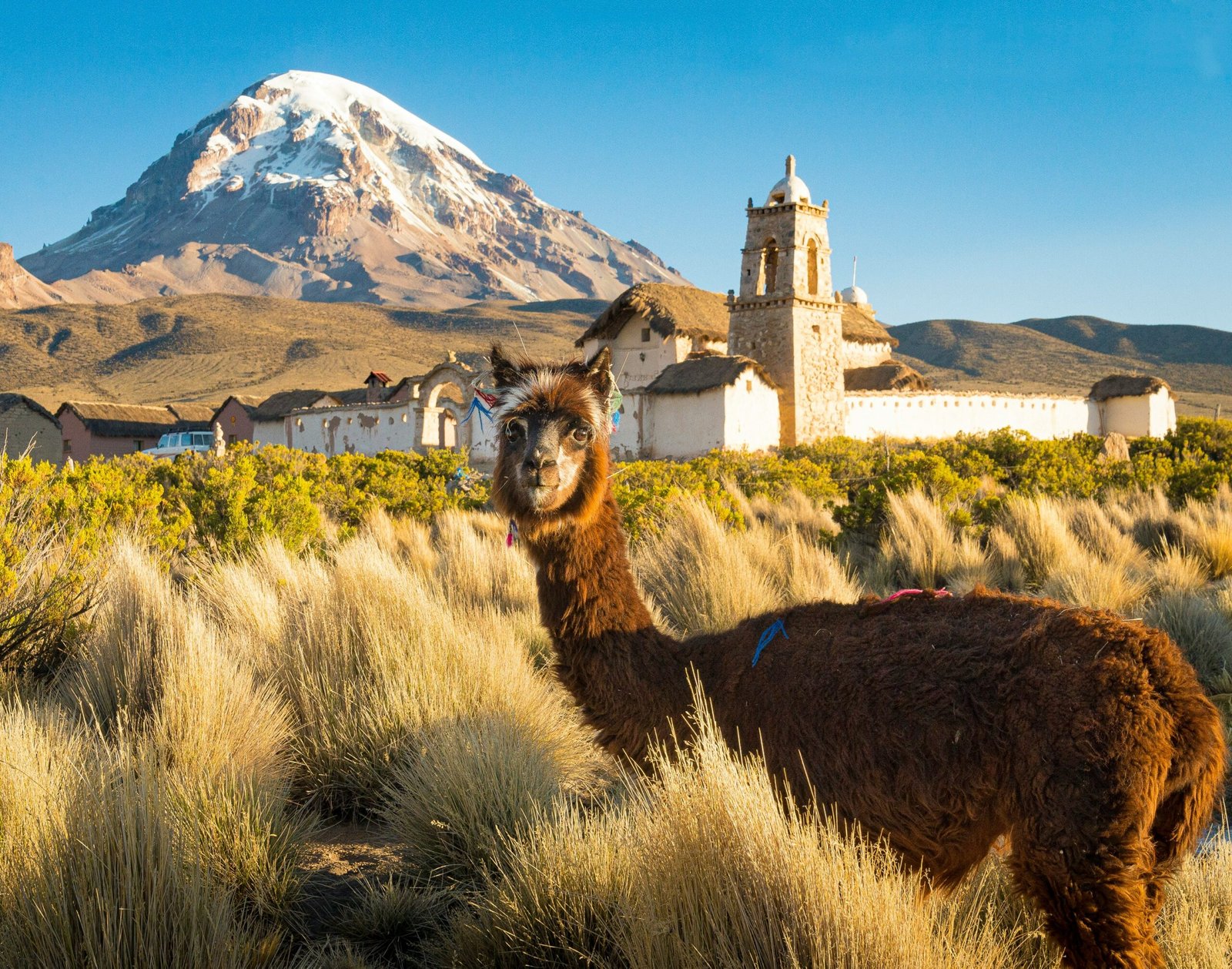Welcome to Bolivia, a country nestled in the heart of South America. With its rich cultural heritage, breathtaking landscapes, and vibrant cities, Bolivia offers a unique experience for visitors from around the world. Whether you are planning to stay, work, study, or do business, this guide will provide you with all the essential information you need to make the most of your time in Bolivia.
Location and Surface Area
Bolivia is located in the central-western part of South America. It shares borders with Brazil, Paraguay, Argentina, Chile, and Peru. With a total surface area of approximately 1.1 million square kilometers, Bolivia is the fifth-largest country in South America.
Climate
Bolivia’s climate varies greatly depending on the region. In the highlands, temperatures can be quite cold, especially during the winter months from May to August. The lowlands, on the other hand, enjoy a tropical climate with warm temperatures year-round. It’s always a good idea to pack layers when visiting Bolivia to be prepared for any weather changes.
Richness in Fauna and Flora
Bolivia is known for its incredible biodiversity. From the Amazon rainforest to the high-altitude Andes mountains, the country boasts a wide range of flora and fauna. Visitors can explore national parks and reserves, where they can spot unique species such as jaguars, spectacled bears, condors, and pink dolphins.
Attractions
Bolivia offers a plethora of attractions for nature lovers, adventure seekers, and history enthusiasts. The Salar de Uyuni, the world’s largest salt flat, is a must-visit destination. Other popular attractions include Lake Titicaca, the highest navigable lake in the world, and the ancient ruins of Tiwanaku. The vibrant cities of La Paz and Sucre also offer a blend of colonial architecture, bustling markets, and rich cultural experiences.
Population
Bolivia has a diverse population of approximately 11 million people. The majority of the population is of indigenous descent, making Bolivia one of the most culturally diverse countries in South America. The people of Bolivia are known for their warmth, hospitality, and strong sense of community.
Currency
The official currency of Bolivia is the Bolivian Boliviano (BOB). It is recommended to exchange currency at authorized exchange offices or banks to ensure fair rates. Credit cards are widely accepted in major cities, but it’s always a good idea to carry some cash, especially when traveling to remote areas.
Visa
Visitors to Bolivia may require a visa depending on their nationality. It is advisable to check with the nearest Bolivian embassy or consulate to determine the specific visa requirements for your country. Tourist visas are typically valid for up to 90 days, but extensions can be obtained if needed.
Official Languages
The official languages of Bolivia are Spanish, Quechua, and Aymara. Spanish is widely spoken throughout the country, especially in urban areas. In indigenous communities, Quechua and Aymara are the predominant languages. English is not widely spoken, but you can find English-speaking guides and translators in tourist areas.
Culture and Customs
Bolivian culture is a vibrant blend of indigenous traditions and Spanish colonial influences. The country celebrates numerous colorful festivals throughout the year, showcasing traditional music, dance, and costumes. Bolivians value their cultural heritage and take pride in their customs. It is important to respect local traditions and customs when visiting Bolivia.
Hospitality
Bolivians are known for their warm hospitality and friendly nature. Visitors to Bolivia can expect to be welcomed with open arms and treated with kindness and respect. The local people are often eager to share their traditions, stories, and cuisine with visitors, making for a truly immersive cultural experience.
Main Cities
Bolivia has several main cities that offer unique experiences. La Paz, the administrative capital, is known for its stunning mountain views and bustling markets. Sucre, the constitutional capital, is a UNESCO World Heritage Site with well-preserved colonial architecture. Other notable cities include Santa Cruz, Cochabamba, and Potosi, each with its own distinct charm.
Airports and Airlines
Bolivia is served by several international airports, including El Alto International Airport in La Paz, Viru Viru International Airport in Santa Cruz, and Jorge Wilstermann International Airport in Cochabamba. Major airlines such as Avianca, LATAM, and Boliviana de Aviación operate domestic and international flights to and from Bolivia.
Whether you are drawn to Bolivia’s stunning landscapes, vibrant culture, or business opportunities, this diverse country has something to offer everyone. From the soaring peaks of the Andes to the lush Amazon rainforest, Bolivia is a destination that will leave you captivated and wanting to explore more.

